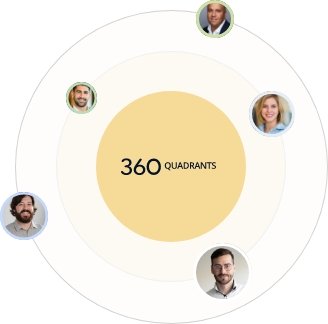According to the Food and Fertilizer Technology Center, “hydroponics is a technology for growing plants in nutrient solutions (water and fertilizers), with or without the use of an artificial medium (e.g., sand, gravel, vermiculite, rock wool, peat moss, sawdust) to provide mechanical support.” These hydroponic systems can be further categorized as aggregate, and liquid systems, wherein liquid hydroponic systems have no other supporting medium for plant roots, while aggregate systems have a solid medium of support. This technique makes use of containers or specially designed benches with troughs to enable the suspension of plants in water. In recent years, controlled environment agriculture (CEA) and hydroponics have gained rapid adoption due to advancements in greenhouse structures and affordability of technology to support plant growth. Hydroponics systems offer several advantages over soil-based horticulture; these include lower water consumption, better control of nutrient levels, resistance to pests or diseases, shorter harvest times, and higher yield.
Visionary leaders are the leading market players in terms of new developments such as product launches, innovative technologies, and the adoption of growth strategies. These players have a broad product offering that caters to most of the regions globally. Visionary leaders primarily focus on acquiring the leading market position through their strong financial capabilities and their well-established brand equity.
Dynamic Differentiators are established players with very strong business strategies. However, they have a weaker product portfolio compared to the visionary leaders. They generally focus only on a specific type of technology related to the product.
Innovators in the competitive leadership mapping are vendors that have demonstrated substantial product innovations as compared to their competitors. The companies have focused on product portfolios. However, they do not have very strong growth strategies for their overall business, when compared with the visionary leaders.
Emerging companies have niche product and service offerings. Their business strategies are not as strong as that of the established vendors. The emerging vendors include the new entrants in the market, emerging in terms of product portfolio and geographic reach, and require time to gain significant traction in the market.



